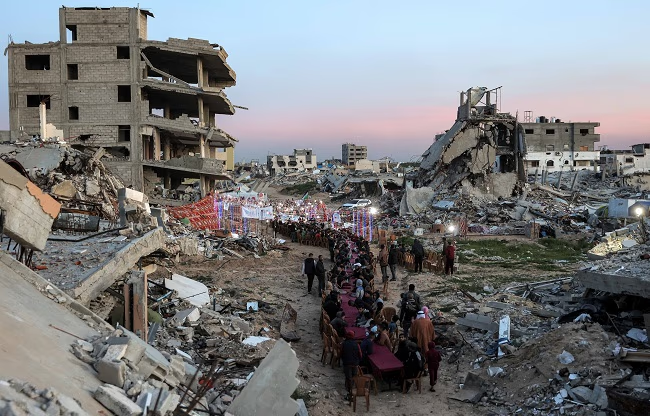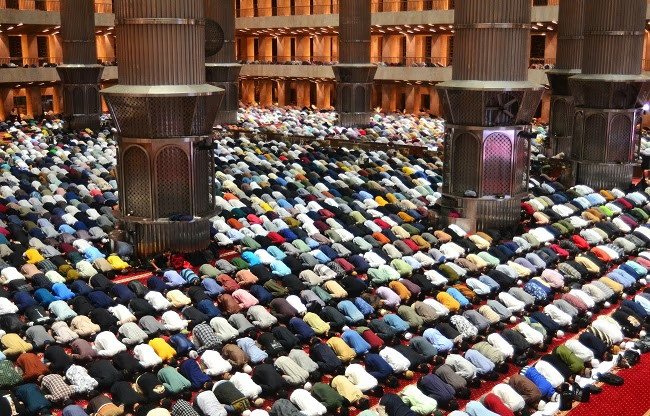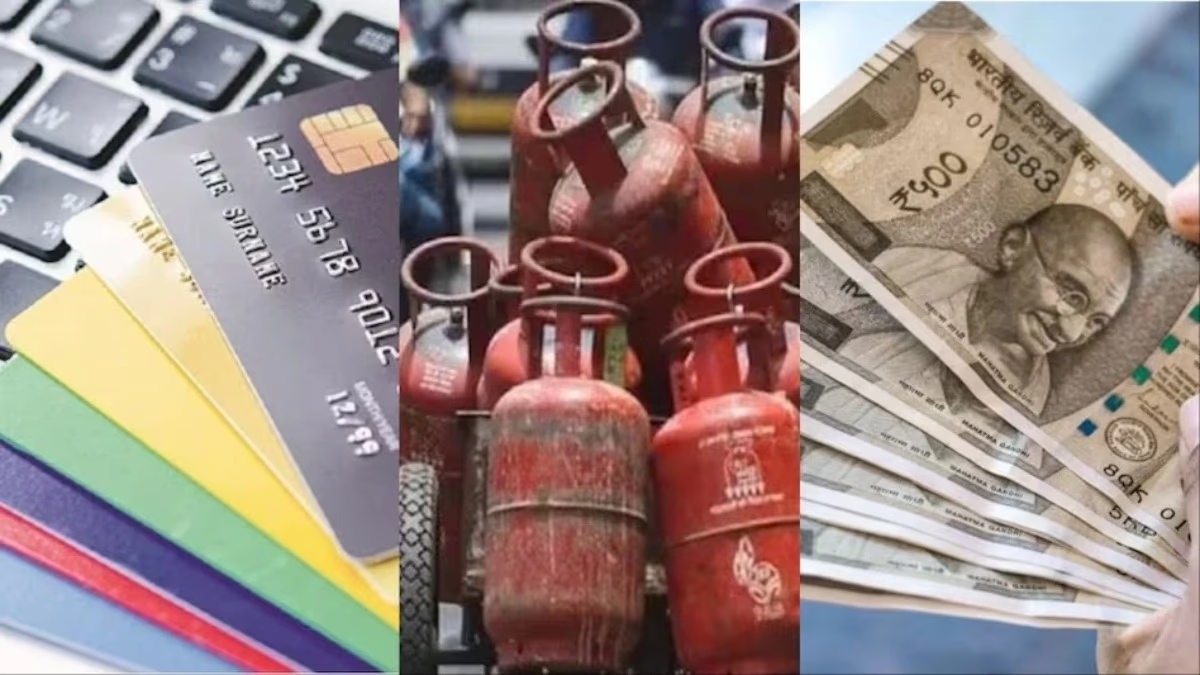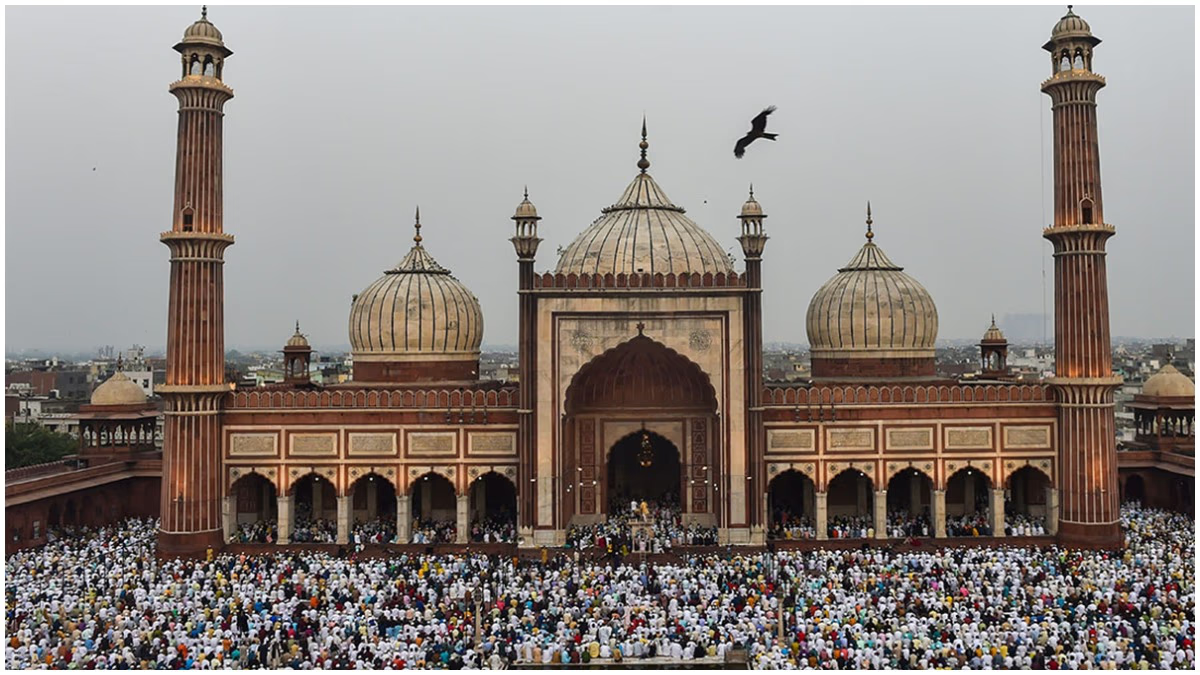The Gaza Strip, almost in ruins, still faces assaults, but Israel steps up with a promising initiative. In a surprising twist, Donald Trump has intervened, warning that unless Hamas returns hostages, what remains of Gaza might vanish. Trump also proposed a Gaza reconstruction plan, which Arab nations have rejected because it involves the relocation of residents, potentially diluting Palestine's concept. However, a recent report suggests that Israel could relocate a hundred Palestinians to Indonesia for employment. This innovative step may hint at a shift towards agreement on the displacement of Gazan people.
Has any financial deal or assurance been offered by Israel to Indonesia?
And why specifically Indonesia?
According to the Times of Israel, a pilot program has been initiated by Israel to promote voluntary migration from Gaza. Major General Ghassan Alian, overseeing government activities in territories, leads this initiative. Allegedly, this will allow thousands of Gazans to seek employment in Indonesia.
Firstpost, citing The Jerusalem, reports that most individuals will work in the construction sector. Current discussions involve sending 100 people first. If they successfully integrate, it may pave the way for others to make the same choice, potentially settling there. However, Jakarta's acceptance of residents from disputed areas remains uncertain.

Source: aajtak
Interestingly, the country destined to receive Gazans, Indonesia, has no official diplomatic ties with Israel. Predominantly Muslim, Indonesia has never recognized Israel owing to its support for Palestine. Since its independence in 1949, Indonesia has refrained from political relations with Tel Aviv, though it officially recognized Palestine in 1988. Despite the lack of formal ties, informal trade and tourism links exist between the two nations.
What led Jakarta to consider accepting Israel's proposal?
Solid information on this doesn't exist. Indonesia's Ministry of Foreign Affairs has denied any such agreement concerning the settlement of Palestinians. Nonetheless, given Indonesia’s support for Palestine, it’s speculated that backdoor talks may have led to a temporary acceptance of the plan, which involves temporary relocation and employment without overburdening Jakarta economically. Israel has reportedly promised financial aid to ensure proper refugee settlement.
What options do people have to return?
The Gaza Strip, under blockade, has limited movement controlled by Israel and Egypt. Those employed elsewhere may return provided Israel deems them no security threat. Tel Aviv often halts the reentry of individuals considered security risks. Simultaneously, Egypt monitors movement at the Rafah crossing quite meticulously.
Although borders occasionally open, restrictions typically persist and intensify during conflicts. Such was the case in October 2023 during the Hamas-Israel conflict, when many left and faced uncertain return prospects unless tensions eased.

Source: aajtak
Do they possess return rights?
International law supports the Right to Return. Article 13 of the Universal Declaration of Human Rights (UDHR) posits the right of every citizen to return to their country. The United Nations also recognizes this, asserting Palestinian refugees’ rights to return home or receive compensation.
Prohibition against forced displacement
The Geneva Convention further reinforces this, as Article 49 prohibits occupying powers from forcibly transferring populations. While Israel maintains control over Gaza's movement, it cannot forcibly relocate populations at will. As they provide construction plans involving displacement, both Israel and the US find it challenging to implement such plans.
Lack of asylum from supporting countries
Most Muslim nations support the idea of Palestine but are reluctant to accept Gaza’s refugees due to historic, political, and strategic reasons.

Source: aajtak
The prevalent argument is that Gazans leaving weakens Palestine’s independence struggle. Arab nations prefer residents to stay to maintain identity and voice. A concern persists that giving Palestinians permanent residence may enable Tel Aviv to control Gaza and the West Bank.
Despite support, countries fear instability. Arab countries worry about potential infiltration by Hamas or other militant groups, possibly jeopardizing their security. Moreover, countries like Lebanon, Jordan, and Egypt already face challenges. Granting asylum to millions may increase economic and social burdens, a scenario seen in the 1970s when rising Palestinian refugee numbers incited local outrage and civil unrest in Lebanon.




